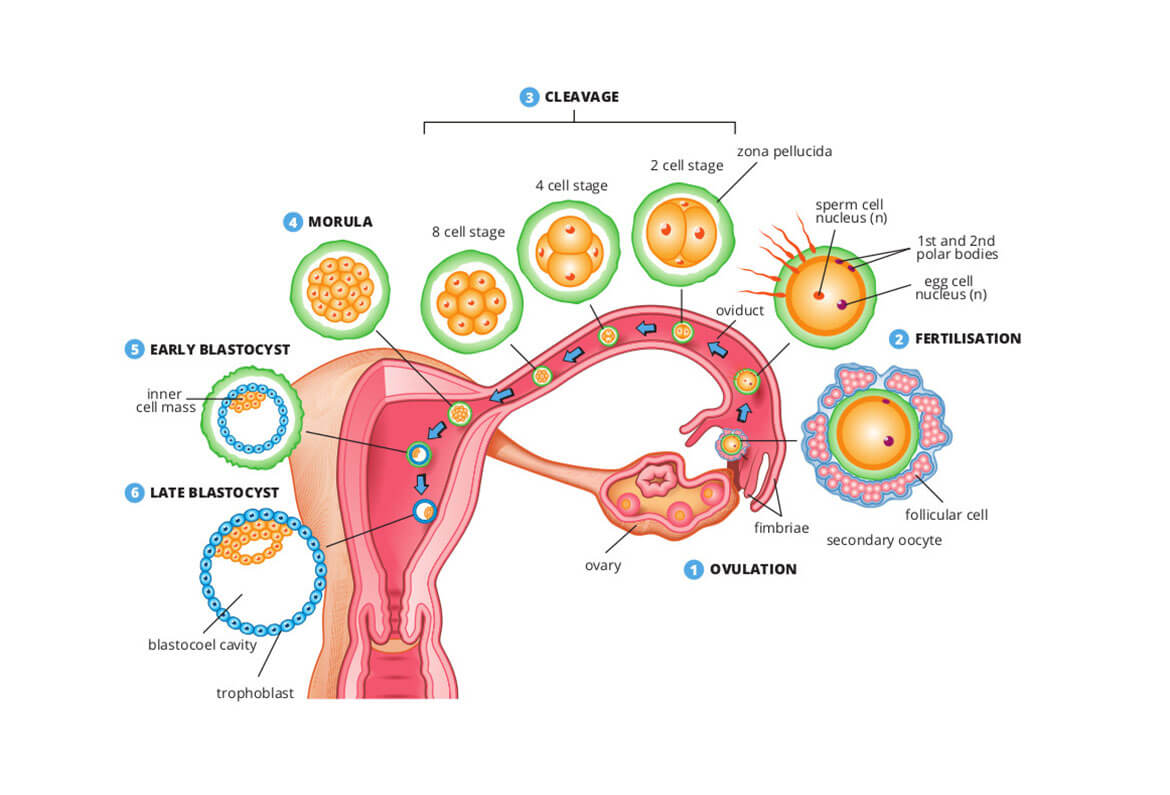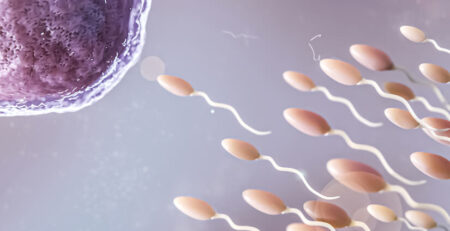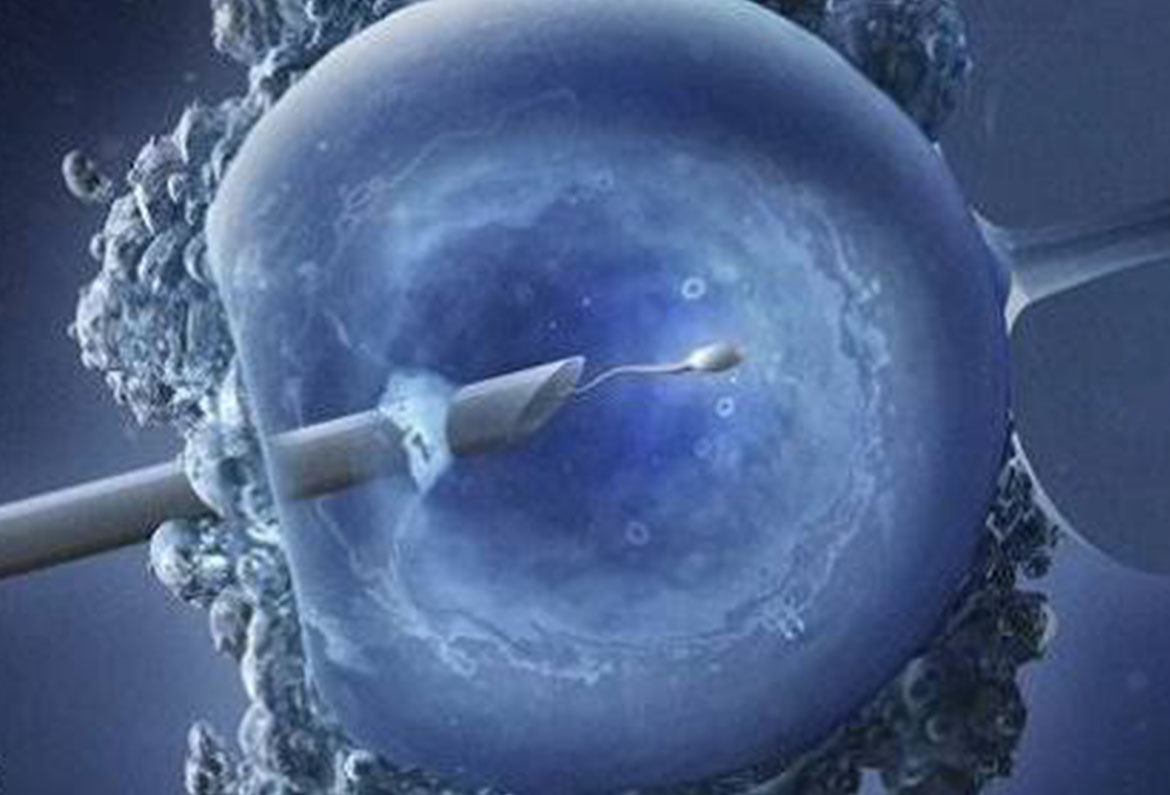Why Blastocyst Didn’t Implant
Blastocyst Implant
While more and more childless couples are resorting to IVF treatment to start a new family, there is always a hoard of questions revolving in their minds. Medical science and advanced gynecology may have answers to certain questions; yet, few remain unanswered, owing to non-availability of ample research and limitations in the medical science field.
For instance, when a couple that has undergone an IVF treatment encounter failure and they are unable to conceive, they may have questions like why didn’t the embryo implant even a blastocyst of good quality?
We are trying to explain what exactly a Blastocyst is.
A blastocyst is the 5th-day stage of the embryo. On the day of egg retrieval during IVF treatment, the eggs are fertilized with sperm and are kept in the incubator, where they grow each day. The day of egg retrieval is marked day zero. The embryos can remain in the incubator for a maximum of 5-6 days, during which the embryo cells multiply repeatedly to form an embryo sage called the blastocyst stage. Embryo transfer can be done on day 2 or day 3 or day 5. The transfer of embryos at the blastocyst implant stage on day 5 has shown to yield better pregnancy rates than the embryos transferred on day 2 or day 3.
Yet, the blastocyst formation does not guarantee a pregnancy even when it is of the best quality. The success rate of IVF is considered to be a maximum of 45-50%. In the remaining 50% of failed cases, there may not be any reason that can be found. Thus it is almost impossible to find out that why didn’t the blastocyst implant properly. A good quality embryo put in a womb with good lining is like a seed in soil, it may still fail to implant to give rise to pregnancy. This interaction between the embryo and lining is still a scientific enigma and every day newer modalities are being developed to facilitate this process but to date, most of them are experimental or not cost effective.
The causes of IVF failure could be associated with the quality of embryo, the character of the lining, its receptivity and other associated gynecological condition like hydrosalpinx, endometriosis or fibroids. Younger women have better chances of success with IVF probably because of better egg quality on contrary in some the embryo quality is poor leading to either lag in the growth of the embryo not reaching blastocyst stage or a lower grade blastocyst. Such embryos could be even genetically abnormal. The testing for genetic normalcy of the embryo and receptivity of the endometrial lining of the uterus is not routinely done in IVF, but can be undertaken in women with repeated IVF failures. However sometimes despite all this IVF cycle may fail. Human reproduction is a complicated science and there are always few things that an IVF treatment may not be able to accomplish. Therefore, a good infertility specialist puts this forward in the first consultation session and always recommends the couple to have realistic expectations. At the same time she would recommend the necessary tests required in cases of repeated IVF failure to increase the success rate.
To understand more about the procedure, consult Dr. Rhythm Gupta, IVF centre in Delhi. To book an appointment, call: +91-9868040808 or email: drrhythmgupta@gmail.com





